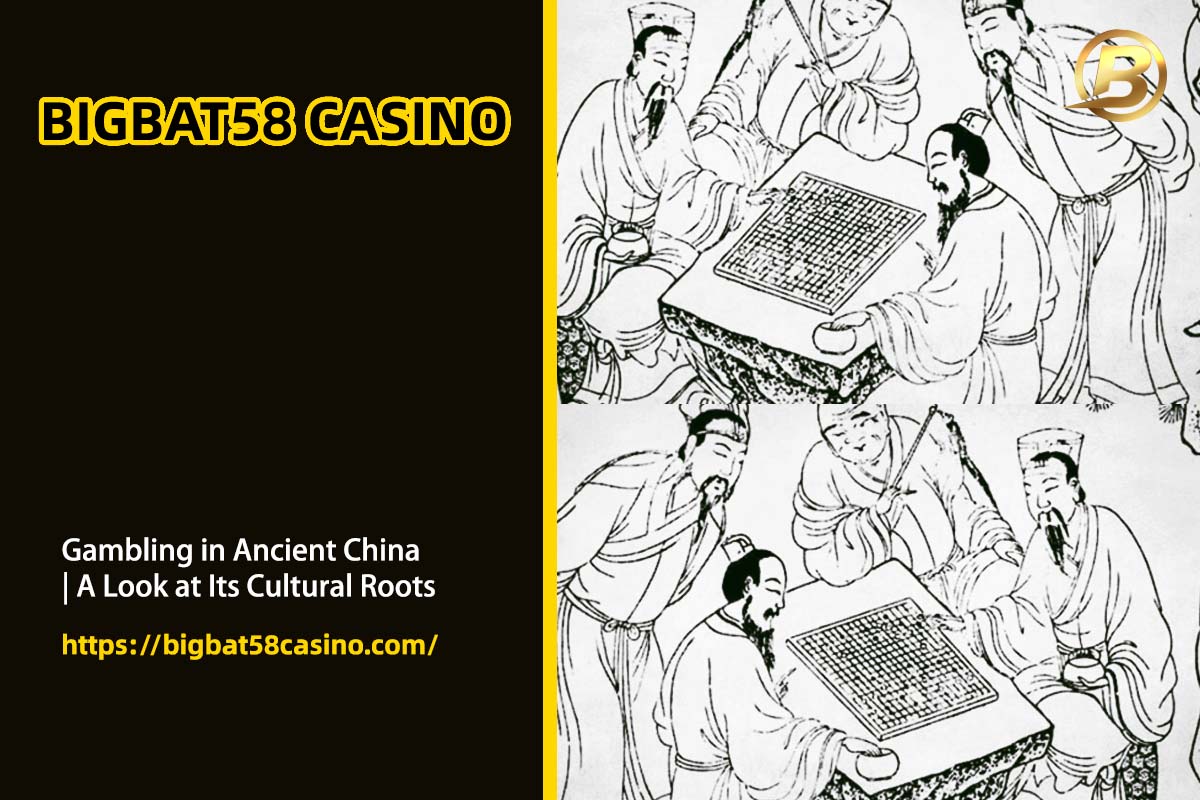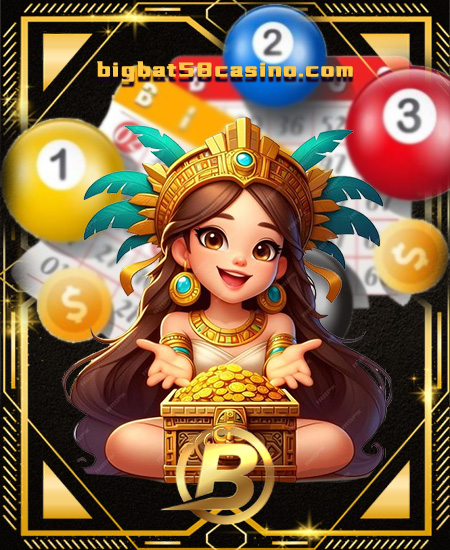Gambling in Ancient China | A Look at Its Cultural Roots
Gambling in Ancient China | Bigbat58 Gambling Origins | Gambling in Chinese Culture
Gambling in ancient China has been a part of the country’s cultural fabric for thousands of years. From simple games of chance to more complex betting systems, it played a significant role in shaping society. Evidence of early betting activities dates back to some of China’s oldest dynasties, showing how deep-rooted gambling traditions are. Let’s take a look at this interesting Bigbat58 gambling origins explained to understand how gambling in Chinese culture evolved from ancient times and influenced modern gaming practices worldwide.
Read more articles:
Origins of Gambling in Ancient China
Bigbat Casino History
The history of gambling in ancient China stretches back over 4,000 years with artifacts such as pottery tiles and dice-like objects being discovered at ancient archaeological sites. These early signs of gaming suggest that betting practices were not only a form of entertainment but also had spiritual or ritual significance. During the Xia and Shang dynasties (circa 2000–1500 BCE), some of the earliest known games of chance emerged. It gives us a view into the gambling origins. These early betting activities highlight the importance of fate and luck which is the key components of gambling that persist even today.
Gambling Practices During Zhou and Han Dynasties
As time progressed, gambling became more widespread especially during the Zhou dynasty (1046–256 BCE). Wagering on various games such as animal fights and dice games was a common practice. These activities were popular among both nobles and commoners. They reflect the influence of gambling in Chinese culture across different social classes.
By the Han dynasty (206 BCE–220 CE), gambling had become more organized. People wagered on everything from animal races to cockfights with higher stakes being common among the wealthy. These developments are key moments in gambling origins, showing how closely connected gambling was with daily life in ancient China.
The Invention of Playing Cards
One of the most notable contributions of gambling in ancient China to the world was the invention of playing cards. These cards were first introduced during the Tang dynasty (618–907 CE). They are believed to have originated as a pastime during long winter months. While early cards were likely more symbolic than the decks we use today, they played a crucial role in shaping the future of gambling.
By the Song dynasty (960–1279 CE), playing cards had become a popular form of entertainment for both the upper class and the general public. The rise of card games solidified the place of gambling in Chinese culture, connecting social interaction with games of skill and chance. This marks an important point in gambling origins, influencing card-based games worldwide.
Lotteries in Ancient China
Lotteries also played an important role in gambling in early China. The first recorded lottery appeared during the Han dynasty, where the government used these games to fund significant public projects like the construction of the Great Wall. The appeal of lotteries was widespread and offers participants the opportunity to win significant prizes while ensuring the state profited from the process. How Lottery Works?
This system laid the groundwork for modern state-sponsored lotteries. The wide use of lotteries highlights the social and economic importance of gambling in Chinese culture, as these games not only provided entertainment but also supported community and infrastructure development. The lasting impact of these lotteries can be traced to gambling origins, influencing gaming systems worldwide.
The Impact of Gambling in Chinese Culture
Gambling in ancient China was much more than just a way to pass the time. It was deeply intertwined with the culture and represented concepts of fate, chance and destiny. Many gambling games required both skill and luck, showcasing the Chinese emphasis on strategic thinking and intelligence. Success in gambling was often seen as a reflection of one’s ability to navigate the balance between fate and intellect.
This cultural significance can be seen throughout gambling origins, where gambling was not only a pastime but a reflection of deeper philosophical values. The idea of luck and “heaven’s will” played an essential role in the outcomes of gambling activities, further embedding these games into the broader scope of gambling in Chinese culture.
Gambling in Ancient Chinese Literature and Law
Throughout history, gambling appeared frequently in literature and traditional stories. Many stories involved characters whose lives improved or worsened due to their gambling habits. These stories often served as moral lessons, warning against the dangers of greed and indulgence.
However, gambling also faced legal examination. At various points, Chinese rulers placed strict regulations on gambling, sometimes banning it entirely during times of economic hardship. Despite these laws, the attraction of gambling persisted, solidifying its place in gambling origins and ensuring that it remained a key aspect of gambling in Chinese culture for centuries.
Conclusion
The story of gambling in ancient China is one of cultural significance. From the creation of dice games and playing cards to the establishment of lotteries, gambling shaped both daily life and broader social systems. While leaders tried to regulate these activities, the impact of gambling continued influencing modern gaming practices around the world. The legacy of gambling origins continues to shape gambling in Chinese culture to prove that these games of chance are far more than just a modern phenomenon. They represent a deep-rooted tradition that has stood the test of time.











